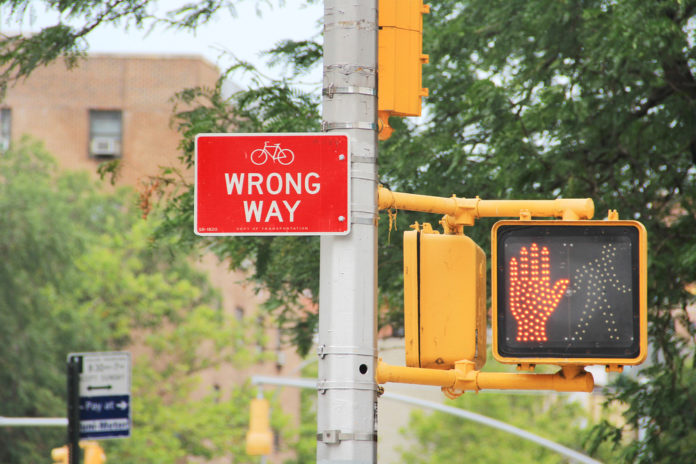The government terminated for convenience. The contractor appealed the denial of its termination settlement proposal. The government asserted prior breach as a defense to the contractor’s appeal. The CBCA, however, said the government cannot assert breach as a defense to a termination for convenience. If the government wanted to hold the contractor responsible for breach, it should have terminated for default.
Williams Building Company, Inc. V. Department of State, CBCA 7147
- Termination for Convenience – The contract was for construction services in Wuhan, China. When the COVID pandemic hit, the government terminated for convenience. The contractor submitted a termination settlement proposal. The government didn’t respond. The contractor appealed the deemed denial.
- Affirmative Defense – In its response to the appeal, the government asserted an affirmative defense of prior material breach. The government alleged the contractor falsely certified it paid subcontractors. The contractor moved for summary judgment on the affirmative defense.
- Prior Material Breach – The board opined the government cannot assert a prior breach as a defense to a termination for convenience. If the government wanted to hold the contractor responsible for a breach, then it should have terminated for default, not for convenience. A convenience termination is not based on a fault. The government was improperly trying to turn a termination for convenience into a termination for default.
- Alleged Breach Was Not Irrelevant – While the contractor could not assert the alleged breach as a defense, this did not mean it was irrelevant to the appeal. In a termination for convenience, the contractor is entitled to settlement costs. The contractor bears the burden of establishing costs incurred. If, as the government claimed, the contractor had not paid its subcontractors, then those would be costs the contractor could not recover. Thus, the board could still consider the alleged misrepresentation.
- Fraud – The CDA states agencies cannot settle or pay a claim involving fraud. The contractor contended the government’s alleged breach was a fraud theory. Because the agency cannot consider a fraud claim, the contractor argued, the board lacked jurisdiction over the appeal. But the board found it could hear evidence as to whether the contractor paid its subcontractor without having to consider the contractor’s subjective intent. In other words, the board could resolve the factual issue without having to determine whether the contractor intended to defraud the government.
The contractor is represented by Kevin M. Cox of Camardo Law Firm. The government is represented by Randal W. Wax of the Department of State.
–Case summary by Craig Lachance, Editor-in-Chief




